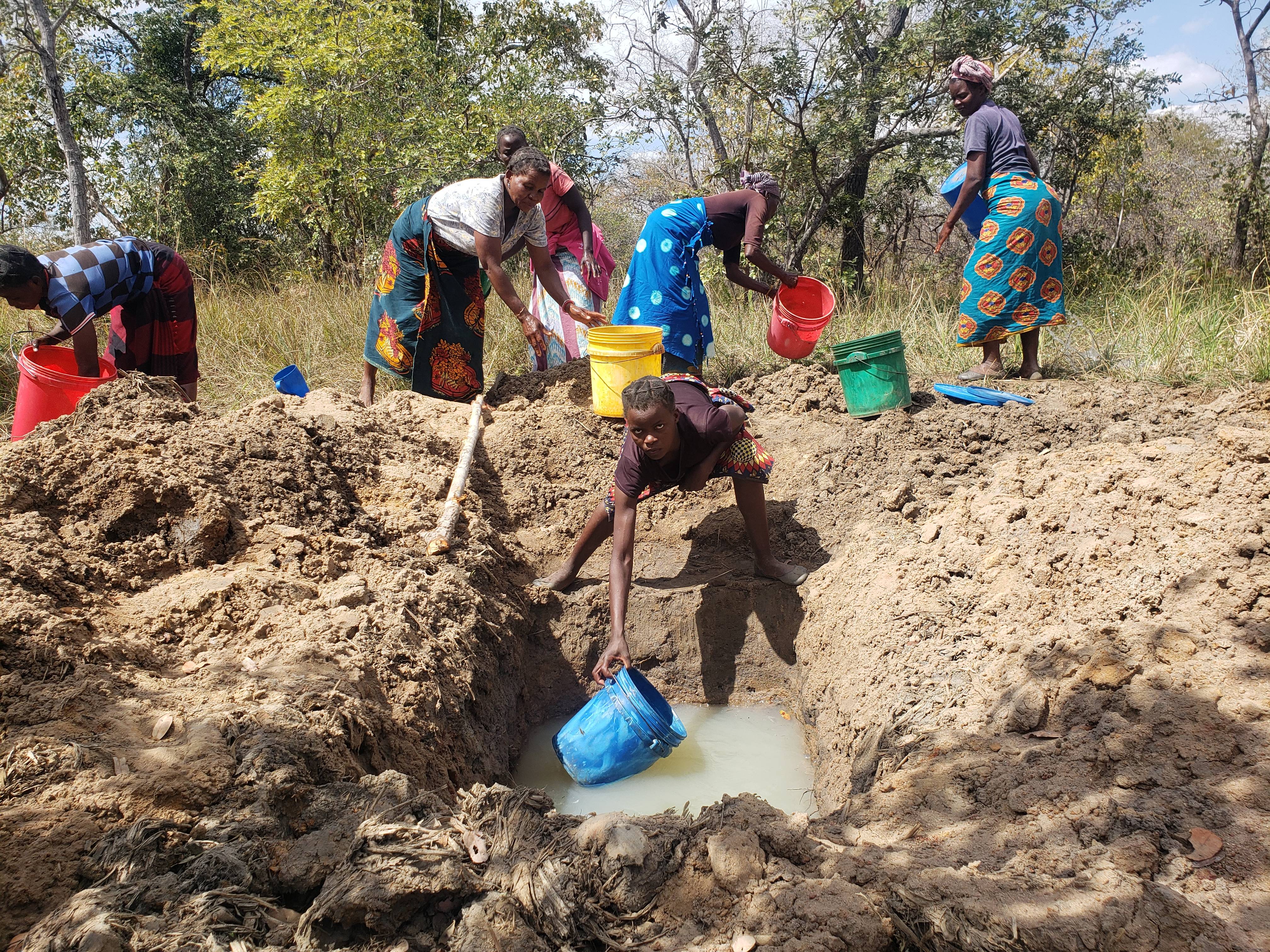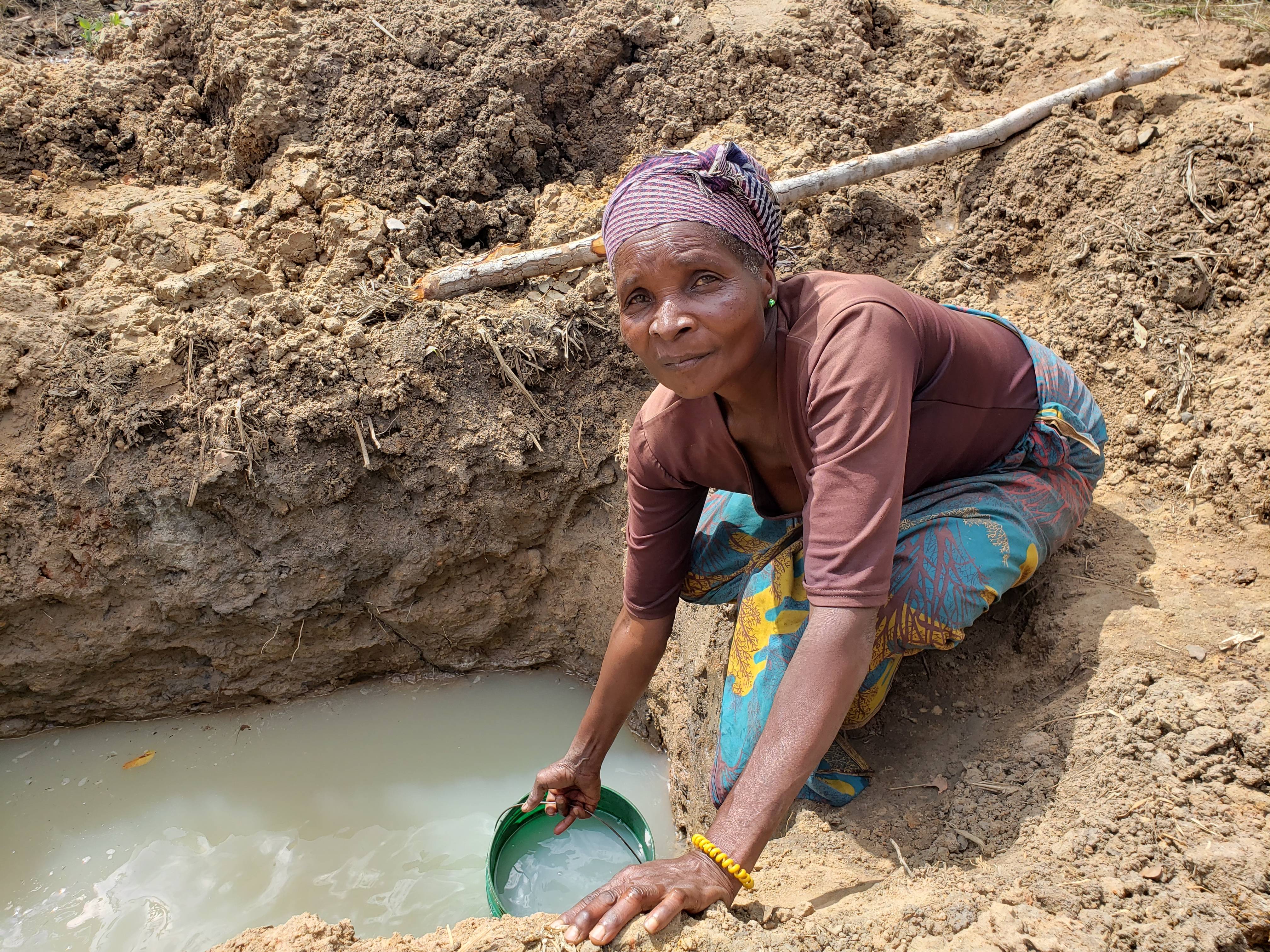Projects
Prospective Villages
Choose a village in need from the list below to support
You can help us change that.

3 ways to support
any of the below villages
Adopt your own village | $65,000
Support the entire village, name it and visit it with us
Our project cost
Solar Water pumping system
$65,000 to provide clean water to an entire village up to 10,000 people
Solar Energy
$20,000 to provide light and electricity to an entire school or a medical center
100% of your donation will go to the project costs
as our overhead is covered
In the heart of the Sinda district in Zambia, Chikhanda Village is home to a resilient community of 3,456 people. However, this vibrant village faces a daily struggle that affects every aspect of their lives: the lack of access to clean, safe water. Currently, the villagers rely on unsafe water sources, leading to various health issues. Women and girls, the primary water collectors, endure the intense journey of 1.6 kilometers daily to fetch water. This task, essential yet taxing, not only exposes them to waterborne diseases but also takes a significant toll on their time and energy. The limited and contaminated water supply fails to meet the community’s basic needs for drinking, cooking, washing, and agriculture. This shortage hampers daily living and restricts opportunities for growth and development.






In the Nabilatuk district of Uganda, Ariamaoi Village is home to 3,788 residents who face numerous hardships due to their reliance on unsafe water. To access water, villagers must dig into the riverbed and wait for the sand to settle. This arduous process exposes them to a multitude of dangers and challenges. The residents of Ariamaoi Village face extensive risks while fetching water, including encounters with snakes, wild animals, and thieves. Women and girls are particularly vulnerable to crowding and rape. The water sources are heavily contaminated, shared with wildlife, and expose the community to waterborne illnesses such as typhoid, diarrhea, brucellosis, cholera, and skin rashes. Digging too deep can cause holes to collapse, posing additional physical dangers. Moreover, the lack of proper sanitation and open defecation exacerbates the contamination of their water sources. Carrying heavy jerrycans over long distances further strains the community, leading to physical exhaustion and additional health issues such as stomach pain and severe diarrhea.








In the Zomba district of Malawi, Jalifu Village is home to 3,201 people who rely on unsafe water sources for their daily needs. The responsibility of collecting water falls heavily on women and girls, who must also ensure that children are bathed, ready for school, and that there is enough water for cooking and household chores. This burden puts them at significant risk, as they often face gender-based violence both on the way to the water source and at home for being away too long. The situation becomes even more dire during the dry season, when women and girls wake up at 3 a.m. to avoid finding a dry water source. During the rainy season, the open water sources become treacherous, with strong currents and flooding that have led to dangerous incidents, including rescuing children from drowning.





In the Chipangali district of Zambia, Chimboma Village is home to 3,058 residents who rely on unsafe water sources. Women wake up at 4 a.m. to start their water search, often traveling in groups for safety. During the dry season, particularly around September, nearby water sources dry up, forcing villagers to walk 6 kilometers to the stream to collect water. The journey to and from the water source is fraught with danger, including encounters with hyenas and snakes. The early morning routine also leads to marital disputes at home. The community suffers from frequent waterborne illnesses, which diminish productivity and disrupt daily life. Students are particularly affected, as they are tasked with fetching water between classes, leading to fatigue and decreased concentration. The local school relies on shallow wells and ponds, lacking access to clean water for all their needs.







In the Kondoa district of Tanzania, Tungufu Village is home to 3,421 residents who rely on unsafe water from the nearby Dumb River. To access water, villagers must dig into the riverbed and wait for water to seep up. This process requires them to take turns and can involve long waits, especially during the dry season when deeper digging is necessary. Women often wait up to two hours to fetch water. The water the community is collecting is unsafe for consumption due to contamination from human waste from the district hospital, animal dung, and agricultural chemicals from nearby farms. This polluted water poses severe health risks to the community. Transporting water is another significant challenge, particularly for families without donkeys. Carrying a 20-liter bucket for 1 kilometer is a strenuous task, making it difficult for those without animals to manage their daily water needs.







In the Kwazulu-Natal district of South Africa, Maye Village is home to 3,400 residents who face the daily challenge of accessing clean water. The water at the open source is extremely dirty. It is shared with cows, goats, and donkeys. Residents often must remove diapers and other trash from the river before collecting water. During the rainy season, the river’s current strengthens, creating a dangerous situation where children risk being swept away. Children suffering from diarrhea frequently miss school, impacting their education. Mothers, especially those who work, also miss workdays to care for sick children. Many families rely on social grants and cannot afford the cost of a single trip to the distant clinic, exacerbating their financial and social struggles. The illness burdens are profound, affecting families on multiple levels. Collecting water is particularly challenging for the women and girls of Maye Village. They walk long distances to reach the river, often needing several rests on the way back with heavy buckets. Upon returning home exhausted, they still face household chores like washing dishes, cleaning school uniforms, cooking, and helping with medications. The fatigue from these tasks leaves little time for schoolwork, severely impacting their educational performance.




In the Sinda district of Zambia, Lemmy Village is home to 3,013 residents who currently rely on unsafe water sources. Women must walk over 600 meters from the village to an open water source, where they dig into the riverbed to find water. This arduous task exposes them to health risks and consumes significant time and energy. Access to clean, safe water would greatly benefit Lemmy Village, improving the health and well-being of the entire community. Innovation: Africa’s water intervention in Lemmy Village would provide a sustainable solution, helping all 3,013 community members. With your support, we can ensure a brighter, healthier future for this village, enhancing their quality of life and allowing them to thrive.







